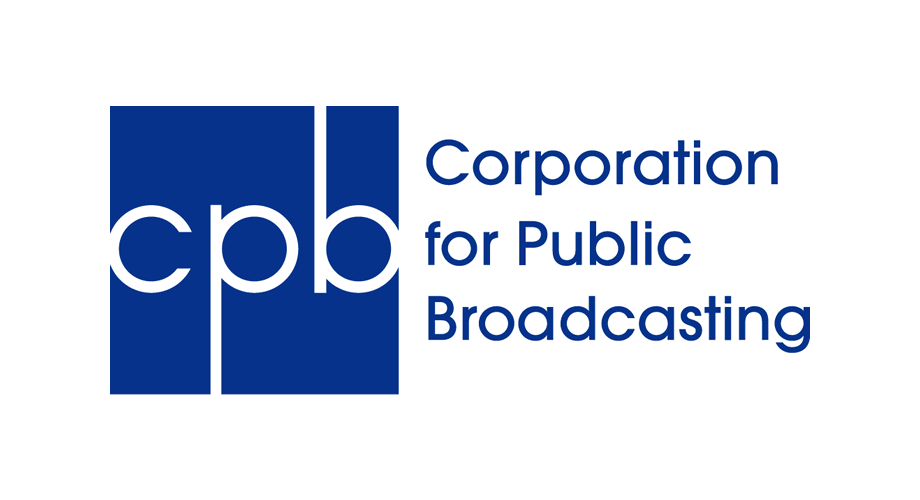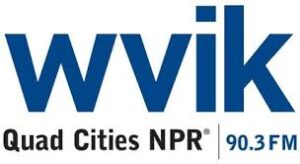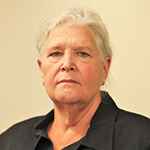UScellular donates $5,000 in toys, supplies to Friendly House
Dave Thompson

Quad Cities-based WQPT and WVIK have joined public television and radio stations across the country in asking Congress to reject President Trump’s efforts to slash $1.1 billion in funding for the Corporation for Public Broadcasting.

CPB supports 1,500 Public Broadcasting Service (PBS) stations across the country including WQPT, the Western Illinois University Quad Cities…

Get immediate, unlimited access to all subscriber content and much more.
Learn more in our subscriber FAQ.
Do you want to read and share this article without a paywall?
